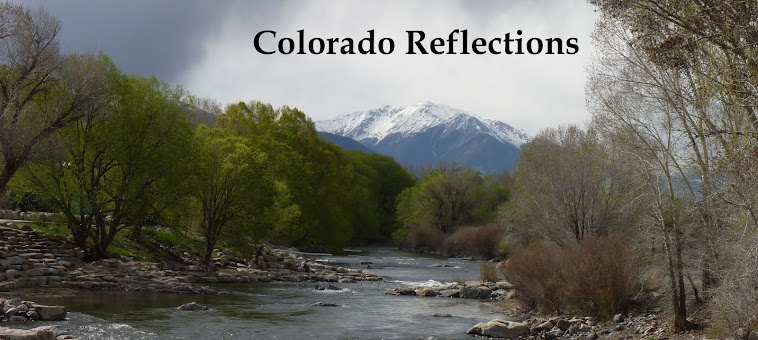 |
| My first view of Virgil Ernest Christison's Rick Mountain Ranch in 2008. |
It’s been a while since I’ve blogged about writing the
cattle rustling book. I started writing the book in 2007. Over the years, I’ve
shared the changes on this blog – nonfiction to creative nonfiction to historical fiction.
I began writing the book as historical fiction on July 7, 2011. Yes, nine years ago. Friends and family have a hard time understanding why the book isn’t written by now. The reason? Writing historical fiction is hard. And it is a process. The facts and events had to become STORY. The people had to become characters, characters with emotion and motives.
I began writing the book as historical fiction on July 7, 2011. Yes, nine years ago. Friends and family have a hard time understanding why the book isn’t written by now. The reason? Writing historical fiction is hard. And it is a process. The facts and events had to become STORY. The people had to become characters, characters with emotion and motives.
The book I am writing now is very different from the book I
was writing nine years ago. I am glad I didn’t rush it. And happy I didn’t give
up.
Last November, I joined five other writers in a workshop series with Page Lambert at Mount Vernon Club in the mountains west of
Denver. We met monthly for five months. COVID-19 hit in the middle of this. We
had one meeting by Zoom and had our final workshop yesterday.
When I started the workshop, I thought I’d start at point A
and be well on my way with a finished book by the end. Yes, my perfectionist
tendencies kicked in. Instead, I shared chapter one at the first workshop, but
Page suggested starting with an earlier event mentioned in the chapter. So, by
the next workshop I had another chapter one. And this repeated two more
workshops. I now have four new chapter ones, but really they are the first four
chapters of my book.
Working backwards was not my intention when I started the
workshop. But by working backwards, I gained a better understanding of the
story. Events I thought I could summarize became their own scenes. And by
settling into the story, new motives came to light. I now have a good, solid
beginning for the book with an inciting incident that puts into motion all of
the events of the story.
Page Lambert taught me how to write fiction. I’ve always
been able write action scenes that gallop along. What I am not so good at is
writing description and inner dialogue. Page’s workshops helped me learn how to
do that with input from the other writers. I have also learned I can take a messy draft and reorganize and
rewrite it. One of my biggest fears. Mostly, I have learned to trust myself as
a writer. I have good instincts. I have good intuition. And, I am a good
writer. Today I am reveling in this knowledge. It feels good.
My advice to those writing a book – don’t give up. Learn
your craft and never, ever read your writing when you are emotionally tired.
Below are blog posts I've written about my journey of writing this book:
Research is Done! It's Time to Write! (And yes, I have to laugh about this 2009 post. Still finding new information 11 years later!)
Switching from Nonfiction to Fiction
Circling and Story Round-Up
Part 2 Circling and Story Round-Up
Step Into The River
